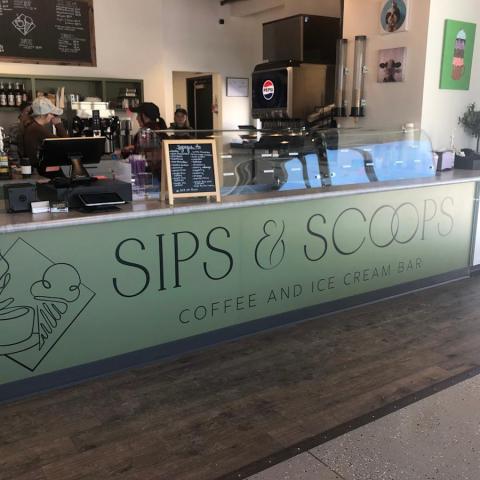Aimee Bock, the leader of a Minnesota anti-hunger nonprofit, was found guilty in federal court of running a massive fraud scheme. This operation, which exploited pandemic relief funds, involved fake food kitchens that falsely claimed to serve 91 million meals, resulting in over $240 million taken from government programs aimed at feeding children.
The jury convicted Bock on multiple counts, including wire fraud and bribery. Salim Said, who managed one of the fraudulent kitchens, faced similar charges and was also convicted. Together, they were part of one of the largest scams targeting U.S. Covid-19 relief funds.
The authorities first uncovered this scheme in 2022, revealing that more than 70 individuals had been implicated. Out of that number, over 40 have already pleaded guilty or been convicted. One particularly shocking incident involved an attempt to bribe a juror by hiding $120,000 in cash in a Hallmark gift bag, which led to several additional bribery charges.
After the verdict was announced, Judge Nancy Brasel ordered Bock and Said to remain in custody as they await sentencing. Their actions could lead to prison terms exceeding ten years for each.
The fraud specifically aimed at two federal programs designed to feed hungry children, which the U.S. Department of Agriculture funds through the Minnesota state government. Nonprofits were intended to oversee the program to prevent any inflation in meal counts, but that oversight failed dramatically in this case.
Experts suggest that cases like this highlight significant vulnerabilities in the federal relief programs. According to a report by the U.S. Treasury, improper payments during the pandemic reached nearly $90 billion, indicating systemic flaws that can be exploited.
Public reaction has been a mix of outrage and disbelief, especially from those who followed the story on social media. Many expressed their frustration that funds meant to help vulnerable communities were misused on such a grand scale. As this case continues to unfold, it raises important questions about oversight and accountability in government programs, especially as we navigate the ongoing effects of the pandemic.
For more information on the investigation, you can read the detailed report from The Sahan Journal.
Source link
Frauds and Swindling,Minnesota,Nonprofit Organizations,Feeding Our Future,Federal Aid (US),Coronavirus Aid, Relief, and Economic Security Act (2020)





















